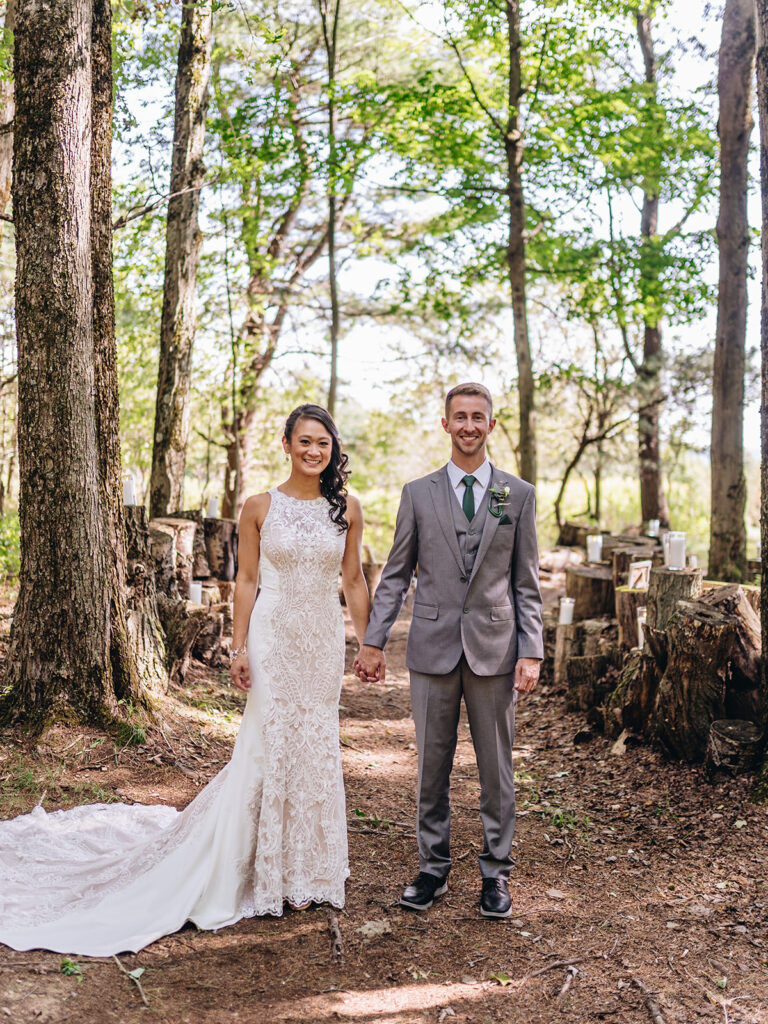SHARE
Elopements have evolved from their traditional definition to encompass a wider range of wedding styles and preferences. While some couples still opt for the classic “runaway” elopement, others embrace a more modern interpretation that involves a small gathering of loved ones in a destination setting or courthouse. Here’s a closer look at why elopements have become an attractive choice for many couples:
- Intimate Guest List: One of the defining characteristics of an elopement is its small guest list, typically consisting of fewer than 10 people. Some couples choose to have only the officiant and witnesses present, while others include a handful of close family and friends. This intimate setting allows for a deeply personal and meaningful ceremony without the pressure of hosting a large crowd.
- Flexibility in Location: Unlike traditional weddings that are often held at designated venues, elopements offer the freedom to choose any location for the ceremony. Whether it’s a picturesque outdoor setting, a rustic courthouse, or even the couple’s own backyard, the possibilities are endless. This flexibility allows couples to exchange vows in a place that holds special meaning to them.
- No Reception Pressure: One of the biggest draws of eloping is the absence of a formal reception. After the ceremony concludes, there are no obligations to host a reception with elaborate catering, music, and dancing. Instead, couples can simply enjoy the moment together without the added stress and expense of a traditional wedding reception.
- Cost Savings: Elopements are often more budget-friendly compared to traditional weddings. With fewer guests to accommodate and no reception to plan, couples can significantly reduce their overall wedding expenses. This financial flexibility allows for more creative options when it comes to the ceremony and celebration.
While elopements offer a unique and intimate wedding experience, it’s essential to distinguish them from intimate weddings. Unlike elopements, intimate weddings typically involve a larger guest list and may include some form of reception or celebration after the ceremony. However, both elopements and intimate weddings prioritize meaningful connections and personalized experiences over extravagant festivities. Ultimately, couples should choose the wedding style that best reflects their values, preferences, and vision for their special day. Whether it’s an elopement with just the two of them or an intimate gathering with close friends and family, the most important thing is to celebrate their love in a way that feels authentic and true to their relationship.
